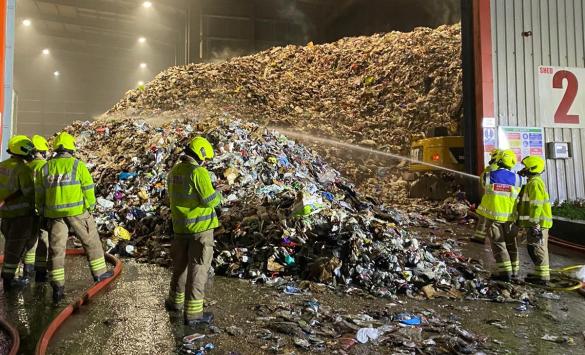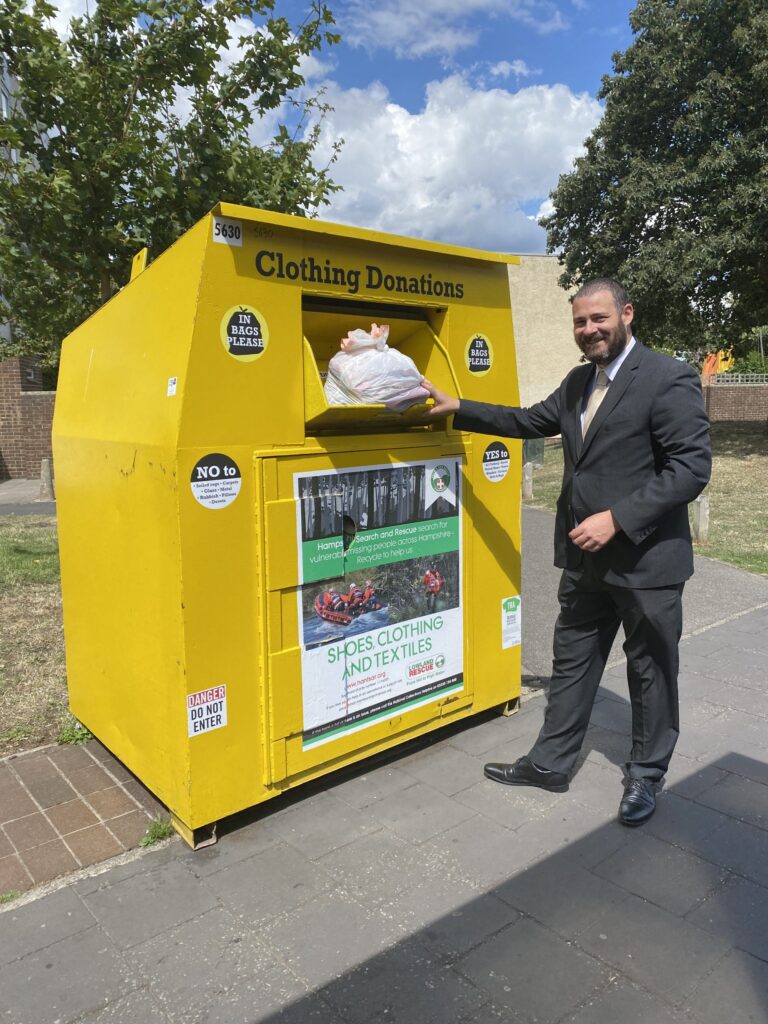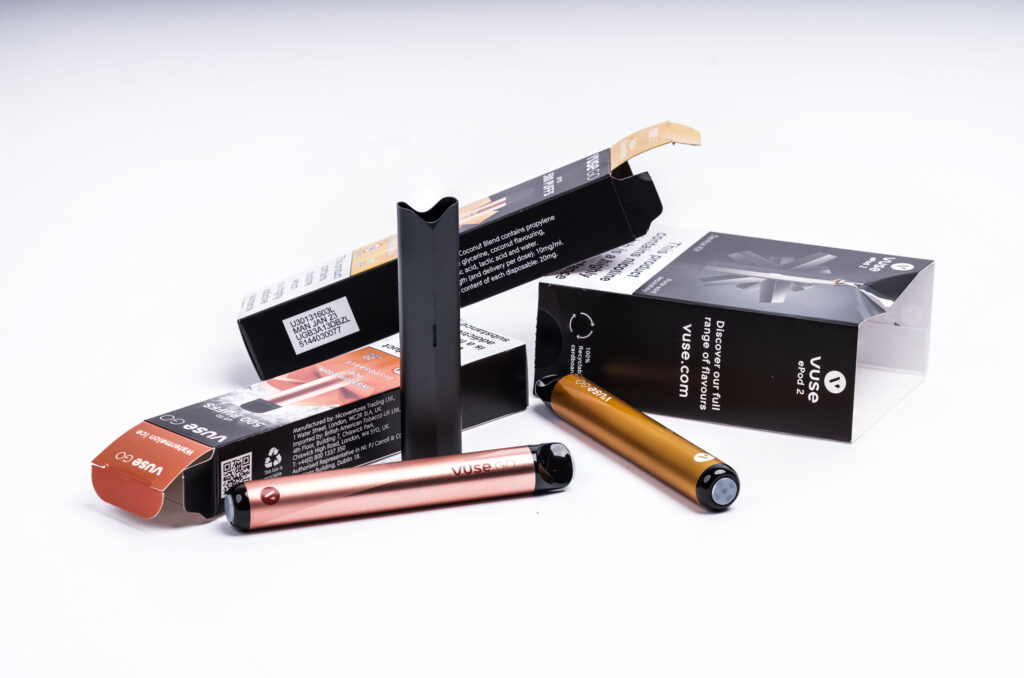Speaking exclusively to letsrecycle.com, he emphasised that the company was quickly increasing its level of activity in recycling and composting, although he commented:
“We have always been involved in recycling in proportion to the amount of waste we handle but we only do cost effective recycling.”
Giving examples of the growth of the company into recycling, Mr Rackham said that the business had a mere eight bottle banks bank in 1983. “Now we have over 3,000 banks and handle more than 30,000 tonnes of cullet”. And, with paper the company handles almost 40,000 tonnes of used newsprint and in metals some 20,000 tonnes of ferrous and non-ferrous from civic amenity sites and transfer stations.
He estimated that recycling and composting by WRG now stands at in excess of 20% and again reiterated the need for recycling in various waste streams to be cost-effective.
Mr Rackham said that in terms of recycling, WRG “can only give local authorities what they are prepared to pay for. Previously local authorities were not willing to pay. Now they are having to get proactive about it.”
The priority for WRG in 2001, said the executive chairman, is “to maximise the potential in the Hanson acquisition”.
But he confirmed that the company will still look at other opportunities as they arise, particularly those in areas where WRG is not represented.
And, WRG is actively seeking more long term contracts such as the one it received last November in Wigan. “We see a lot of potential in the UK yet, particular with more long term contracts,” said.
He sees the company’s large landfill void – with 57 operational sites and 140 million cu m of consented void – as playing an essential part in the future.
“The residual waste has to go somewhere as it will not be economical to achieve recycling beyond 40%.” And, he played down the idea that energy from waste plants will have a big role to play in the future, although the company has one of the few sites with planning permission in Kent.
“There is an awful lot of resistance to these plants and we will not see them having any impact for 10-15 years.”











Subscribe for free